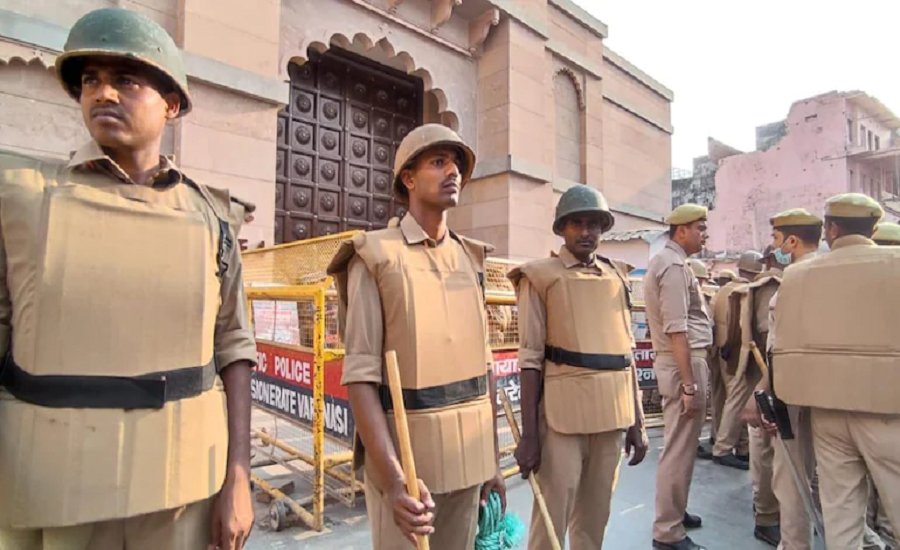
“The judgment will have a destabilising effect,” said Owaisi. Ashok Swain, an Indian-origin professor in Sweden said, “This is never-ending.”
Team Clarion
NEW DELHI – The order passed by a Varanasi court rejecting the Gyanvapi mosque committee’s petition challenging Hindu women’s plea demanding to worship in the mosque has come under sharp criticism from various corners.
On Monday, judge Ajay Krishna Vishwesha observed that the suit filed by five Hindu women is not barred by the Places of Worship Act 1991, the Waqf Act 1995, and the UP SKashi Vishwanath Temple Act, 1983 as was being claimed by the Anjuman Masjid Committee (which manages Gyanvapi Masjid).
However, the order came under fire from some quarters who pointed out that the court is leading the Gyanvapi mosque to the fate of the Babri mosque which was demolished by a Hindutva mob in 1992. Later, the Supreme Court handed over the land to the VHP for building of a temple in the place of the mosque.
Reacting to the order, Hyderabad MP and All India Muslim Majlis Ittehadul Muslimeen (AIMMIM) Asadudding Owaisi said that the judgment will have a destabilising effect.
“A destabilising effect will start after this. We’re going on the same path as that of the Babri masjid issue. When judgment on Babri Masjid was given, I warned everyone that this will create problems in the country as this judgement was given on the basis of faith,” said Owaisi.
He asked the Anjuman Intezamia Committee to challenge the order in the High Court.
“I hope Anjuman Intezamia Masjid Committee will appeal against this order. I believe that after this order, the purpose of the Places of Worship Act 1991 will fail,” he said.
Ashok Swain, an Indian-origin professor in Sweden, described the development as “Another mosque is on the way to being demolished in India to build one more temple”.
“This is never-ending,” he said.
Supreme Court lawyer Anas Tanweer termed the court order as “senseless, wrong and illegal”.
“However it doesn’t come as a surprise. When the top court becomes hesitant in applying the law against majority, lower courts get free hand to cause injury to the rights of the minority,” said Anas.
“The challenge to POW Act and its subsequent reference to larger bench and the in camera hearing of the matter had already indicated this outcome,” he added.
We also need to set our house in order. We are often found lacking against organised shrewdness.
Activist Aasif Mujtaba said this is the peal of the mosque committee which was rejected. It’s the idea of composite, diverse and secular India which was rejected.
“Indian Courts don’t deliver justice anymore, they pronounce hindutva diktats,” he said.

